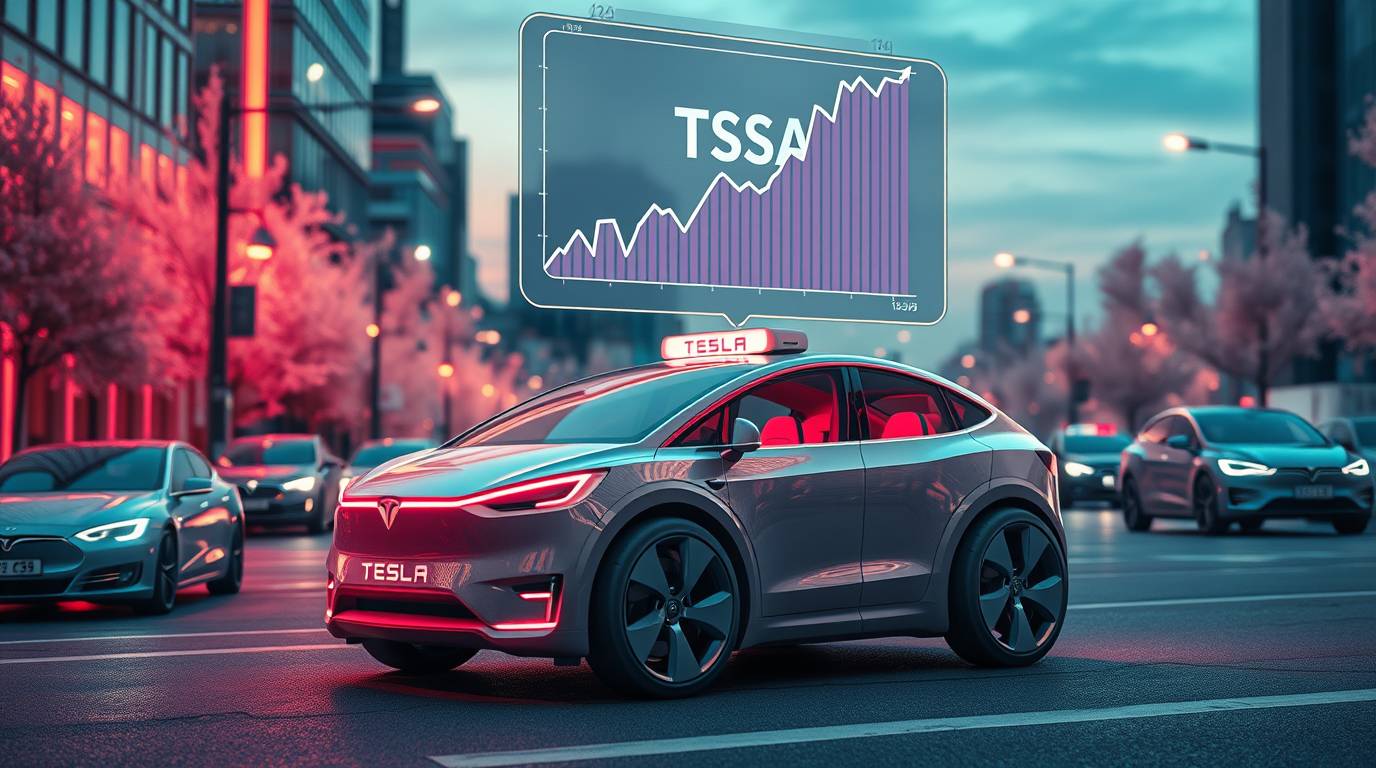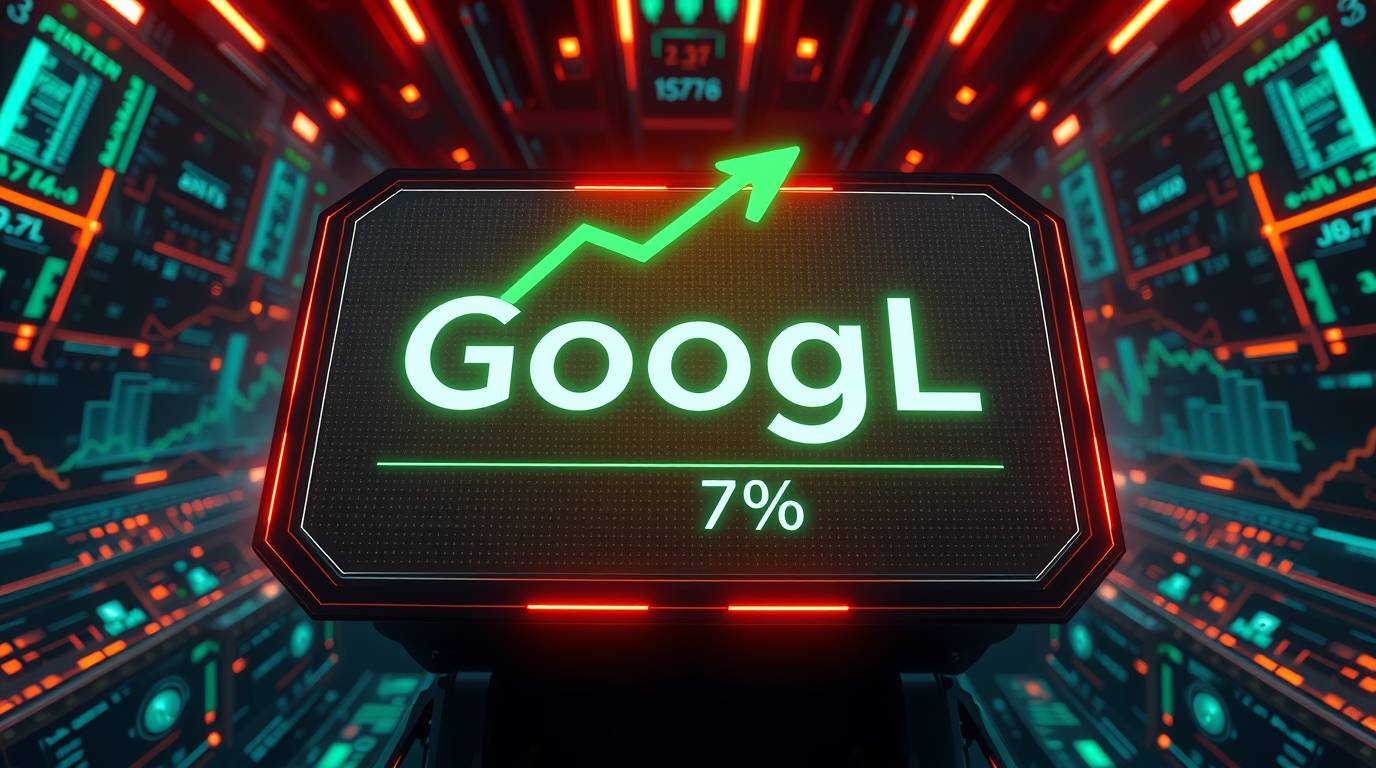Lottery Powerball Jackpot Nears $1 Billion | Sixth Largest in History
Imagine the sheer thrill of holding a lottery ticket that could be worth $950 million—the kind of life-changing money that inspires daydreams of luxury homes, philanthropic ventures, and early retirement. This isn’t just fantasy; it’s the reality for millions of Americans as the Powerball jackpot climbs toward the $1 billion mark, making it the sixth-largest prize in the game’s history. After no one matched all six numbers in Wednesday’s drawing, the jackpot soared to a staggering estimated amount, with the next drawing set for Saturday, August 30. The winning numbers—9, 12, 22, 41, 61, and Powerball 25—left everyone empty-handed for the grand prize but created six new millionaires overnight.
The excitement is palpable. Ticket sales have doubled in the past week, as more players join the frenzy for a chance at this monumental prize. But beneath the surface of this glittering jackpot lies a complex story of odds, economics, and societal impact. In this blog post, we’ll dive deep into the details of this record-breaking jackpot, explore the mechanics of Powerball, and discuss what winning—or losing—really means for players.
The Current Jackpot: By the Numbers 🔢
The Powerball jackpot has reached an estimated $950 million for Saturday’s drawing, with a cash option of $428.9 million. This comes after no one won Wednesday’s drawing, which had an estimated jackpot of $850 million. Here’s a breakdown of the key details:
- Winning Numbers for August 27, 2025: White balls 9, 12, 22, 41, 61, and red Powerball 25. The Power Play multiplier was 4.
- Secondary Winners: Six tickets won $1 million or more by matching all five white balls. These were sold in Arizona, New York, and Virginia. Three other tickets, sold in Mississippi, Ohio, and Virginia, won $2 million each by including the Power Play option.
- Jackpot Growth: The jackpot has been rolling since May 31, 2025, when a player in California won $204.5 million. Since then, there have been 38 consecutive drawings without a grand prize winner.
Table: Largest Powerball Jackpots in History
| Rank | Amount (Billion) | Date Won | Location |
| 1 | $2.04 | Nov. 7, 2022 | California |
| 2 | $1.765 | Oct. 11, 2023 | California |
| 3 | $1.586 | Jan. 13, 2016 | CA, FL, TN |
| 4 | $1.326 | April 6, 2024 | Oregon |
| 5 | $1.08 | July 19, 2023 | California |
| 6 | $0.95 (est.) | Aug. 30, 2025 | ? |
The Odds of Winning: A Statistical Mirage 🎲
The odds of winning the Lottery Powerball jackpot are a staggering 1 in 292.2 million. To put this in perspective, you are:
- 300 times more likely to be struck by lightning in your lifetime.
- 20,000 times more likely to become a movie star.
- Almost as likely to find a pearl in an oyster you randomly pick.
Despite these daunting odds, the dream of winning captivates millions. The overall odds of winning any prize in Powerball are 1 in 24.87, thanks to the game’s eight secondary prize tiers. This structure ensures that while the jackpot remains elusive, smaller wins are relatively frequent, keeping players engaged.
Why Do Lottery Powerball Jackpot Grow So Large?
Powerball powerball jackpot grows when no one matches all six numbers, causing the prize to roll over. This current streak of 38 consecutive drawings without a winner is not uncommon, given the odds. However, as the jackpot swells, ticket sales accelerate, creating a feedback loop that pushes the prize higher. Matt Strawn, Powerball Product Group chair and Iowa Lottery CEO, noted, “Powerball ticket sales have doubled in the past week, as more players join the fun with a $2 ticket, while also giving back to good causes in their communities”.
The Tax Reality: Why $950 Million Isn’t What It Seems 💸
One of the most misunderstood aspects of lottery jackpots is the tax burden. The advertised $950 million is not what the winner takes home. Here’s why:
- Lump Sum vs. Annuity: Winners can choose between a lump sum payment (estimated at $428.9 million) or an annuity paid over 30 years. Over 90% of winners choose the lump sum.
- Federal Taxes: The lump sum is subject to a 24% mandatory federal withholding, reducing it to about $326 million. However, because lottery winnings push winners into the top tax bracket (37%), another 13% is due at tax time, bringing the total federal tax to roughly $158 million.
- State Taxes: Depending on where the winner lives, state taxes can take an additional 2.9% to 10.9%. For example, a New York winner could pay up to 10.9% in state taxes, while residents of California, Florida, Texas, and other states with no income tax would keep more.
After taxes, a lump sum winner might take home as little as $242 million—a far cry from the advertised $950 million. This disparity raises questions about the equity of lottery systems, which often rely on lower-income players who spend a larger share of their income on tickets.
Table: Estimated Take-Home Amount for $950 Million Jackpot (Lump Sum)
| Deduction Type | Amount | Total After Deduction |
| Advertised Jackpot (Lump Sum) | $428.9 million | $428.9 million |
| Federal Withholding (24%) | $102.9 million | $326 million |
| Additional Federal Tax (13%) | $55.8 million | $270.2 million |
| State Tax (e.g., 10%) | $42.9 million | $227.3 million |
The Societal Impact: Hope, Inequality, and Community Benefits 🤔
The lottery is a paradox. It sells hope and the dream of financial freedom, but it also preys on those who can least afford to lose. Studies show that lottery participation disproportionately attracts lower-income, less-educated, and ethnic minority populations. For many, buying a ticket is not just entertainment; it’s a long-shot investment strategy.
However, lotteries also generate significant revenue for public goods. Powerball tickets are sold in 45 states, the District of Columbia, Puerto Rico, and the U.S. Virgin Islands. More than half of the proceeds stay in the jurisdiction where the ticket was sold, funding education, infrastructure, and social programs. Since its inception in 1992, Powerball has generated over $36 billion for these causes.
The Community Aspect
Despite the critics, lotteries foster a sense of community. Office pools, family agreements, and gas station conversations about “what I’d do if I won” create shared experiences. When a jackpot grows this large, it becomes a cultural phenomenon, transcending demographics and bringing people together.
Conclusion: The Dream Lives On 🌠
The Lottery Powerball jackpot climb’s to $950 million is a testament to the enduring allure of the lottery. It represents a dream of transformation—a chance to escape financial worries and achieve unimaginable wealth. Yet, it also highlights the harsh realities of odds, taxes, and societal inequities.
As we await Saturday’s drawing, remember that the true value of the lottery might not be in winning, but in the hope and excitement it inspires. Whether you’re playing for fun or dreaming big, always gamble responsibly.
What would you do with a $950 million jackpot? Share your dreams and thoughts in the comments below!
Note: Always play responsibly. The odds of winning are extremely low, and the lottery should be enjoyed as a form of entertainment, not an investment strategy.
👉For more Business News→ Click here!













